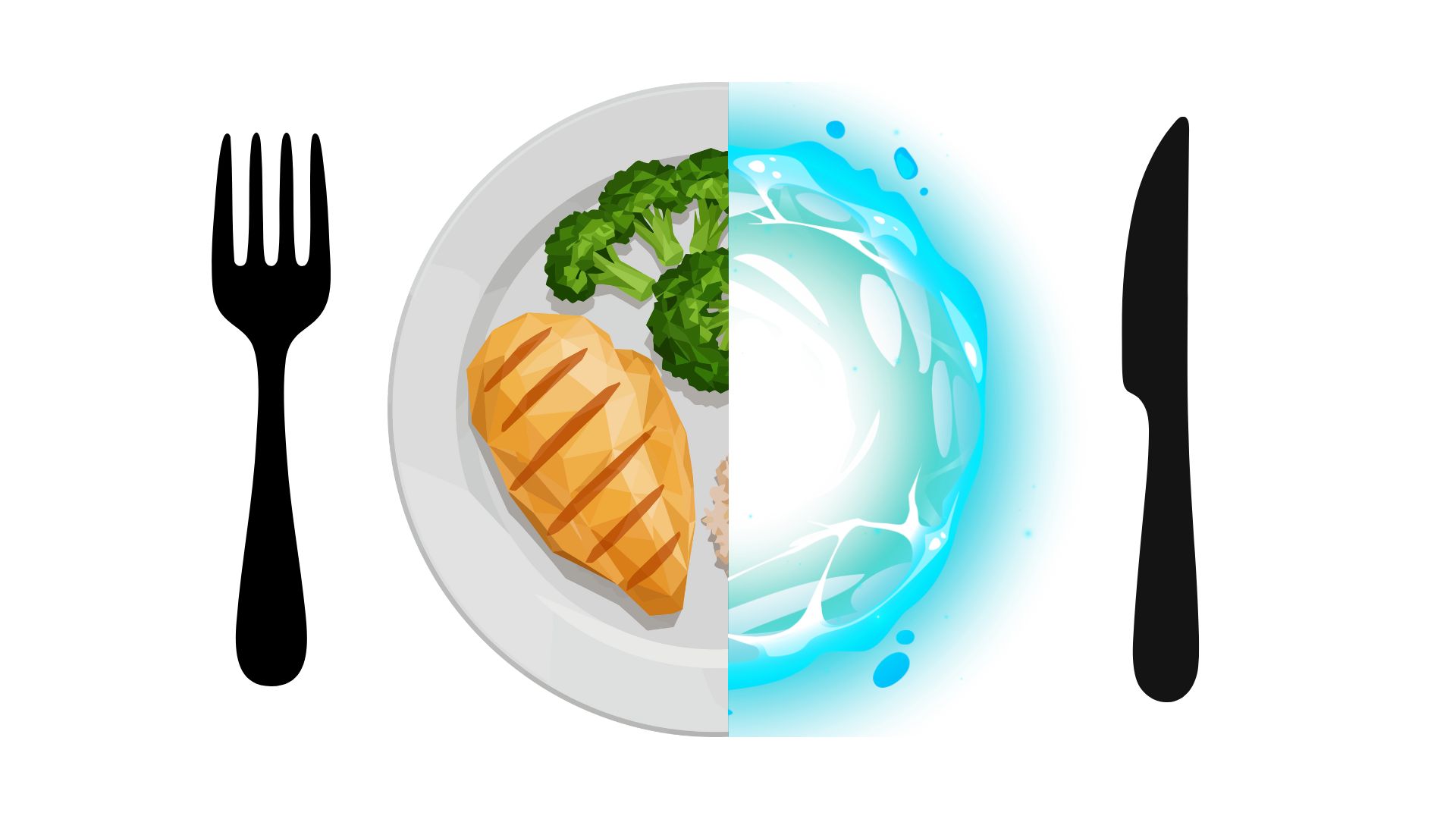Commentary
Green Chemistry to Prevent Pollution

ACES leaders and Youth Corps team members
Editor’s note:
This is one in a continuing series of guest opinions about fostering environmental
stewardship and leadership coordinated by ACES — The Alliance of Climate and Environmental
Stewards.
We have 100,000+ patents created each year, and wow, that’s a lot of innovation propelling us forward! But how can we be sure it’s elevating our human experience and the planet we inhabit? The first step is in shifting ourselves from the traditional chemical enterprise focused on price and performance, toward Green Chemistry, to include not only price and performance, but also environmental, social, and economic factors.
Green chemistry is the design of chemical products and processes that reduce or eliminate the use or generation of hazardous substances, thus preventing pollution at the molecular level.
Let’s dive into one of today’s most well-known environmental initiatives: renewable energy, but through a product lens. Solar panels play a large part in renewable energy and are a product consumers, commercial companies, and governments are pursuing as a method to improve our planet by weaning ourselves from fossil fuels and strengthening our energy security; making our country and military less vulnerable to regional hegemons like Russia and China.
In 2013, researchers found a sustainable alternative to replace Iodine, which served as an electrolyte to transport electrons and turn light into energy. The alternative discovered was Cobalt, found to be 50 times more abundant and slowed the degradation process of the cell. That’s a win, but how can we incorporate the economic, environmental, and social factors? This is where Green Chemistry comes to play. Cobalt’s chemical profile has 10 human and environmental risk hazards, ranging from acute and chronic inhalation hazards, to carcinogenicity, aquatic toxicity, reproductive and developmental toxicity, as well as being a carcinogen, a word we’ve become desensitized to as a society.
When looking at Cobalt in the context of a solar cell, there should be no risks of exposure to the user because it’s locked within a cell, resistant to water and not something we can breathe or even touch. It’s also a technical product, meaning it should be sent back to the manufacturer for disassembly to maximize the use of our finite resources. And over 70% of our cobalt comes from the Republic of Congo who rekindled diplomatic relations with China after becoming independent from France in 1960.
When looking at the mining and sourcing of Cobalt through the lens of Green Chemistry, the extraction process involves people, many of whom are children, using buckets and bare hands with no proper PPE usage to prevent exposure to toxicity. It is now apparent that critical due diligence processes were overlooked in the cobalt boom, but we play a role, and it's within our power to be conscious consumers who own the impact of our purchases. On power, I share with you words by Gerry Spence: “What is Power? The power peculiar to each of us is that force that distinguishes us from all other beings. Our power permits us to grow and fulfill our own potential. It is the surf, the swell, the wave, the storm we feel in our veins that propels us into action. It is our creativity. It is our joy, our sorrow, our anger, our pain. This energy is our personhood – the extraordinary mix of traits and talents and experience that makes up the fingerprint of our souls. This power belongs to us, and only us. Although there is a bountiful supply of power, it ought not to be wasted. It must never be destroyed, else it will come back to destroy us. It can never be abdicated or denied, else we will have lost our very selves in the process.” Many chemists are now looking for green alternatives.
We all can make a difference! It’s hard for a raindrop to feel responsible for the ocean: we fill so many roles on a day-to-day basis and have limited psychological bandwidth, so adding conscious consumer to the list might be overwhelming. If I had any advice or actionable takeaways, it would be to make space for traits and talents and experiences that make up the fingerprint of your soul, so this message and these insights do not scare you, but instead empower you!
The cascading benefits of Green Chemistry are countless; hopefully in this example you can see how it can do things like prevent war and improve communities. Every purchase you make has power, and your power has an impact.
Peyton Laine is a founder and CEO of Mind the Chain, an environmental services company. She is a featured speaker at international environmental and chemistry conferences. With family connections in Newburyport, she resides in Stuttgart, Germany. https://www.linkedin.com/in/peytonlaine/
Our Youth Corps asks you to consider the potential positive impact of green chemistry solutions to pollution. They hope you care about the future of our planet and will provide any thoughts about a project or practice that could contribute to a healthier environment. Send us a note at acesnewburyport@gmail.com . To learn more about ACES and its Initiatives, visit https://www.aces-alliance.org/
.svg)

.jpg)
.jpg)
